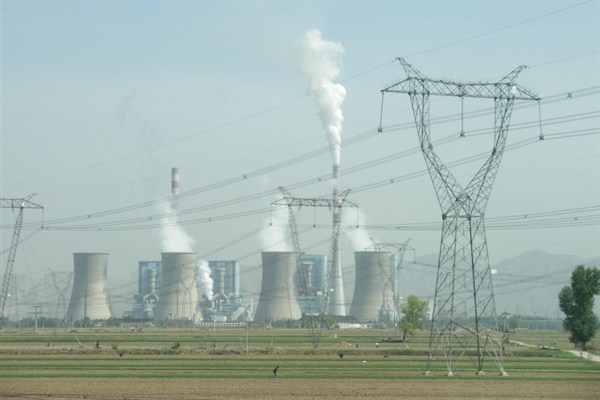Australia's new senate is working to repeal the country's unpopular carbon tax. In an email interview, Shi-Ling Hsu, the Larson Professor of Law at the Florida State University College of Law and author of “The Case for a Carbon Tax: Getting Past our Hang-ups to Effective Climate Policy,” discussed the role of carbon taxes in national climate change policies.
WPR: What successful steps have governments taken around the world to limit carbon emissions, either through a carbon tax or other regulations?
Shi-Ling Hsu: Governments have taken a wide variety of steps to limit greenhouse gas emissions, but most have been piecemeal approaches that target individual sources, sectors or practices. That said, some have been very effective. Denmark, one of the more coal-reliant countries in northern Europe, embarked upon a wind energy initiative that now has wind turbines accounting for over 28 percent of Denmark's electricity capacity. Europe is also home to the EU Emissions Trading System (EUETS), a cap-and-trade program, which requires a mandatory cap on emissions but allows flexibility in how companies comply, covering about 11,000 emissions sources, and accounting for about 45 percent of the European Union's greenhouse gas emissions. The EUETS represents the most important international initiative in climate policy.

